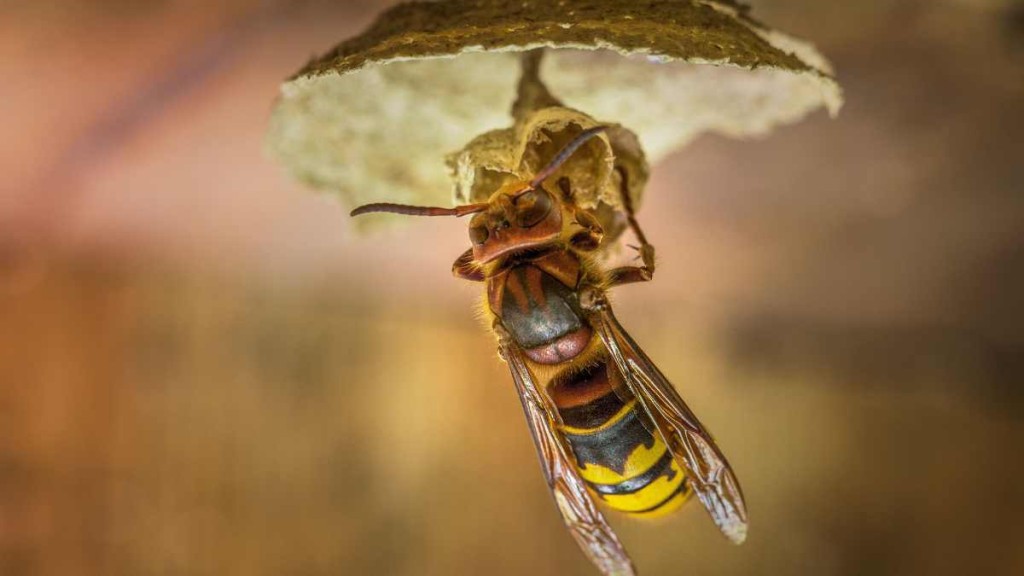Asian hornets, known for preying on honeybees and endangering UK food supplies, have been spotted in England earlier than usual this year, sparking concerns about their potential spread. For the first time, UK experts have recorded overwintering of yellow-legged hornet queens, raising fears that the invasive species may establish a foothold in the country. Ecologists warn that increased sightings could pose a significant threat to ecosystems and food security if left unchecked.
The species, originally from Asia, has been making its way across Europe since it arrived in France in a pottery consignment two decades ago. First sighted in the UK in 2016, Asian hornets have been found in growing numbers each year, with 72 confirmed sightings in 2023 alone. So far this year, 25 sightings have been recorded, and one nest has already been destroyed.
Urgent Calls for Vigilance and Action
With sightings expected to peak in September as more colonies emerge, the UK Centre for Ecology & Hydrology (UKCEH) and other experts are urging the public to report any sightings using the Asian Hornet Watch app. The app helps identify the hornets, which can be confused with native species like the slightly larger European hornet. The Asian hornet has a distinctive dark abdomen with a yellow band, while native hornets are predominantly yellow and more active at night.
Helen Roy, an ecologist at UKCEH and the University of Exeter, highlighted the critical role the public plays in helping control the spread of these hornets. “Evidence of overwintering yellow-legged hornet queens is concerning, but that doesn’t necessarily mean we have an established population here in the UK,” she said. “The strategy is to destroy nests before queens can spread. Reporting sightings through the app is essential, as it helps the National Bee Unit respond quickly.”
Potential Impact on Ecosystems and Food Security
Asian hornets, also known as yellow-legged hornets, pose a serious threat to native pollinators, especially honeybees, which play a crucial role in the UK’s agricultural system. Without pollinators, the country’s food security could be compromised, making early detection and swift action critical to preventing a full-scale infestation.
The species has largely spread across southeast England, with confirmed sightings in Kent, Sussex, Surrey, Hampshire, and London, as well as isolated reports from Yorkshire, Northumberland, and the southwest. Ecologists caution that, except for parts of Scotland, most of the UK offers a suitable climate for the hornets to thrive.
Citizen Science and Early Detection
Since the first sighting in 2016, there have been 126 confirmed reports of Asian hornets in the UK, including 89 nests, all of which were destroyed. Despite efforts to control their spread, the number of sightings has tripled this year compared to the same period last year, emphasising the need for continued vigilance.
Citizen scientists play a crucial role in tracking and reporting the hornets. Professor Roy added, “Even though only a fraction of reports turn out to be confirmed sightings, every submission helps ensure the few genuine sightings are dealt with effectively.”
The Asian Hornet Watch app also offers useful identification guides to help users distinguish between the invasive Asian hornet and native species. Early reporting and nest destruction remain the most effective strategies for preventing the spread of this invasive pest and protecting the UK’s ecosystems and food security.


